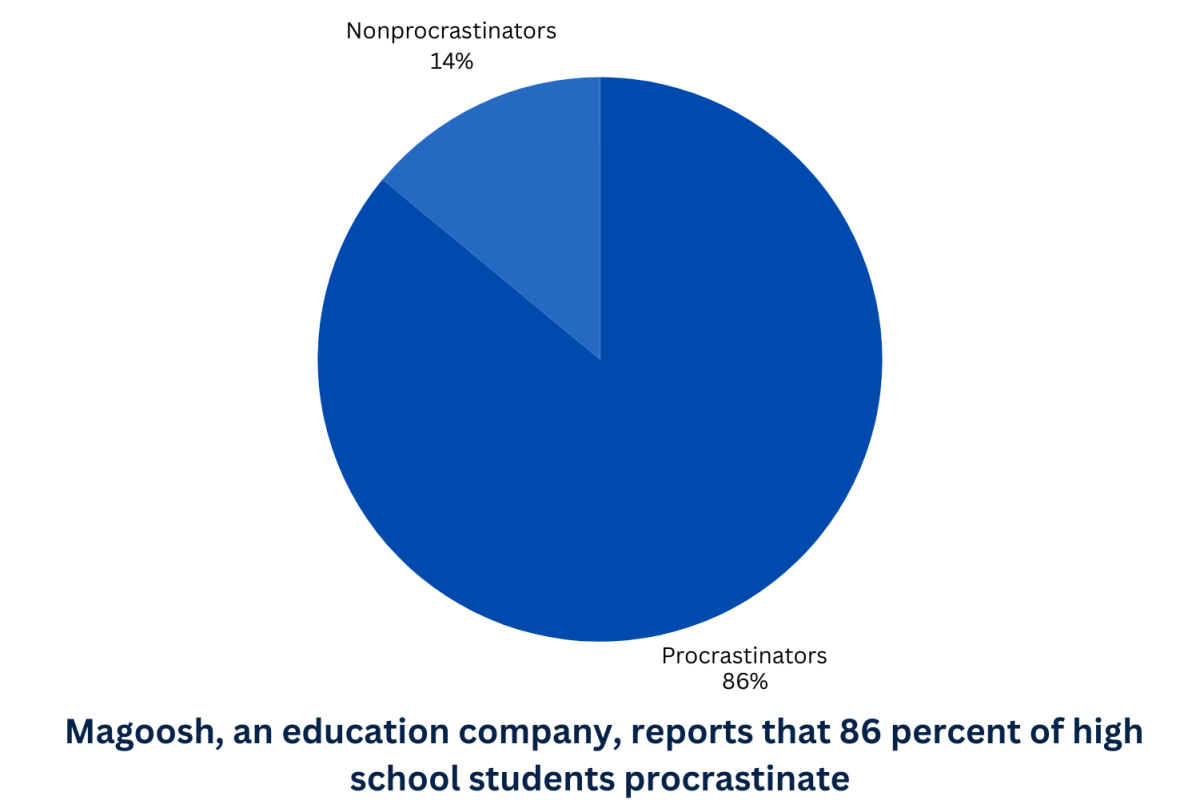“iPad Kids,” “Sephora ten-year-olds” and “Fortnite kids” – these are some of the many names frequently used to describe the young children increasingly occupying space on the internet.
Generation Alpha (children born between the mid-2010s and mid-2020s) is growing up in a world saturated with technology. Every generation has its quirks, but they’re often rooted in the tools and environments available at the time. Gen Alpha’s relationship with technology is markedly different from that of previous generations, similar to Gen Z’s (late nineties to the early 2010s) recognition as the first generation to grow up with social media.

The first time I saw a nine-year-old on my feed carefully curated with art projects, my favorite artists and etymology, I was confused; is this someone who’s older than they look? Surely, they can’t actually be nine and slathering retinol on their prepubescent faces with an audience of millions of people?
Now, before we start handing out pitchforks and torches, let’s take a step back and ask ourselves: why are these children flocking to Sephora, the internet and other spaces meant mostly for adults? Is it because they have an undying passion for matte lipsticks and celebrity drama? Unlikely.
The issue at hand points to a larger, deeper problem: the sad state of our society’s treatment of today’s children and preteens.
Social interaction is a – if not the most – crucial element in social and emotional development. This includes interacting not only with their peers, but having healthy interactions with people outside of their age group. Gen Alpha has spent most of their formative years during the pandemic, when in-person social interactions were at an all time low. In addition to this, we’ve done a splendid job of systematically defunding and stripping away spaces meant for children – such as playgrounds, libraries and community centers – and, even if they are still present, not ensuring their safety and accessibility for children today.
Now, children are turning to the internet for comfort and fitting in, because that’s where they see parents and older siblings – their role models – spending their time. We criticize nine-year-olds for curating beauty routines or watching content inappropriate for their young minds, yet forget that they are mirroring a digital world we’ve created – one where online presence often feels synonymous with self-worth.
Moreover, platforms like TikTok, YouTube and even gaming communities often fail to filter out violent, explicit or disturbing content effectively. As a result, children are being exposed to gore, explicit language and adult themes far earlier than previous generations.
As a society, we’ve yet to fully recognize the consequences of this phenomenon. Platforms often shift the burden of moderation to users rather than taking proactive steps to protect vulnerable audiences, (which, I recognize, is fair – it is the caregivers’ responsibility to monitor their children’s internet access, but there also has been an issue of both censorship and unregulated content on platforms) but the consequences are distinct; this exposure is shaping the way Gen Alpha perceives the world and others around them. Stories of elementary- and middle-schoolers throwing racial slurs at one another, making sexual comments about their peers and disrespecting their female teachers are becoming unfortunately commonplace.
This isn’t mere childish behavior; children who repeatedly encounter violence – whether in graphic videos, hyper-realistic video games or sensationalized news clips – can develop desensitization to real-world suffering. What was once shocking or upsetting to witness can become normalized, distorting their sense of empathy and human connection.
Moreover, explicit material often presents an unrealistic or harmful view of relationships, identity, and morality. When young children watch content that glamorizes toxic behaviors, glorifies hyper-consumerism, or reduces complex issues to memes, it impacts their emotional development.
Alongside the digital overload, another alarming issue is the rise of online predators, particularly on platforms like Discord. Predators exploit anonymity to target vulnerable children, often pretending to be peers or friendly adults to gain trust before manipulating or exploiting their victims. With high-profile figures being exposed regularly as predators, it’s clear this problem is pervasive.
While platforms attempt to increase safety, the lack of adequate moderation leaves children exposed to these dangers. This constant risk can lead to lasting emotional damage, as children may become desensitized to manipulation and exploitation. To protect Gen Alpha, we must push for stronger security measures, better education on online safety and open discussions about the dangers lurking in the digital world – in this stage of digital advancement, we are no longer giving children access to the internet, but are giving the internet access to children.
If we want to safeguard Gen Alpha’s mental and emotional well-being, we must hold tech companies accountable for stricter content moderation, push for better parental controls and promote open conversations between adults and children about what they’re seeing online. Empathy and emotional intelligence aren’t developed in isolation – they need nurturing.
After all, the way children perceive the world now will shape the kind of adults they become. If we want a kinder, more compassionate generation, we must work harder to ensure they aren’t growing up surrounded by violence, exploitation and cruelty. Instead, they need spaces – both online and offline – that encourage imagination, kindness and genuine human connection.
But how do we start bridging this gap? It begins with understanding why these patterns are emerging in the first place. Rather than dismiss Gen Alpha and shun them, we need to question and deconstruct the societal forces that have made the digital world their primary playground.
Children are adapting to a reality we’ve created for them – a world where the line between childhood and adulthood is blurred, and growing up feels less like a gradual process and more like a hurried race. This isn’t just about the trends we find bizarre or the platforms we criticize; it’s about the social conditions we’ve normalized. Recognizing this context is the first step. If we want to foster an environment where imagination, kindness, and connection thrive, we need to rethink how we approach their experiences – both online and offline – and the responsibilities we hold as older generations in shaping their futures.
Frankly, I’m also guilty of mocking the “Skibidi Toilet” generation; it’s easy to point and laugh at the next generation’s new, seemingly bizarre trends (we were in this position ourselves not too long ago) – and it can be funny sometimes, when it’s not from a place of malice. However, it’s time we draw the line and recognize how our tone (or rather, our lack of sensitivity to it) is creating a gap that we might struggle immensely to repair in the future.
Instead of mocking children for being digital natives, let’s strive to create a world where they don’t feel they need to grow up too fast or seek validation online. A little understanding can go a long way in bridging the gap between generations.







